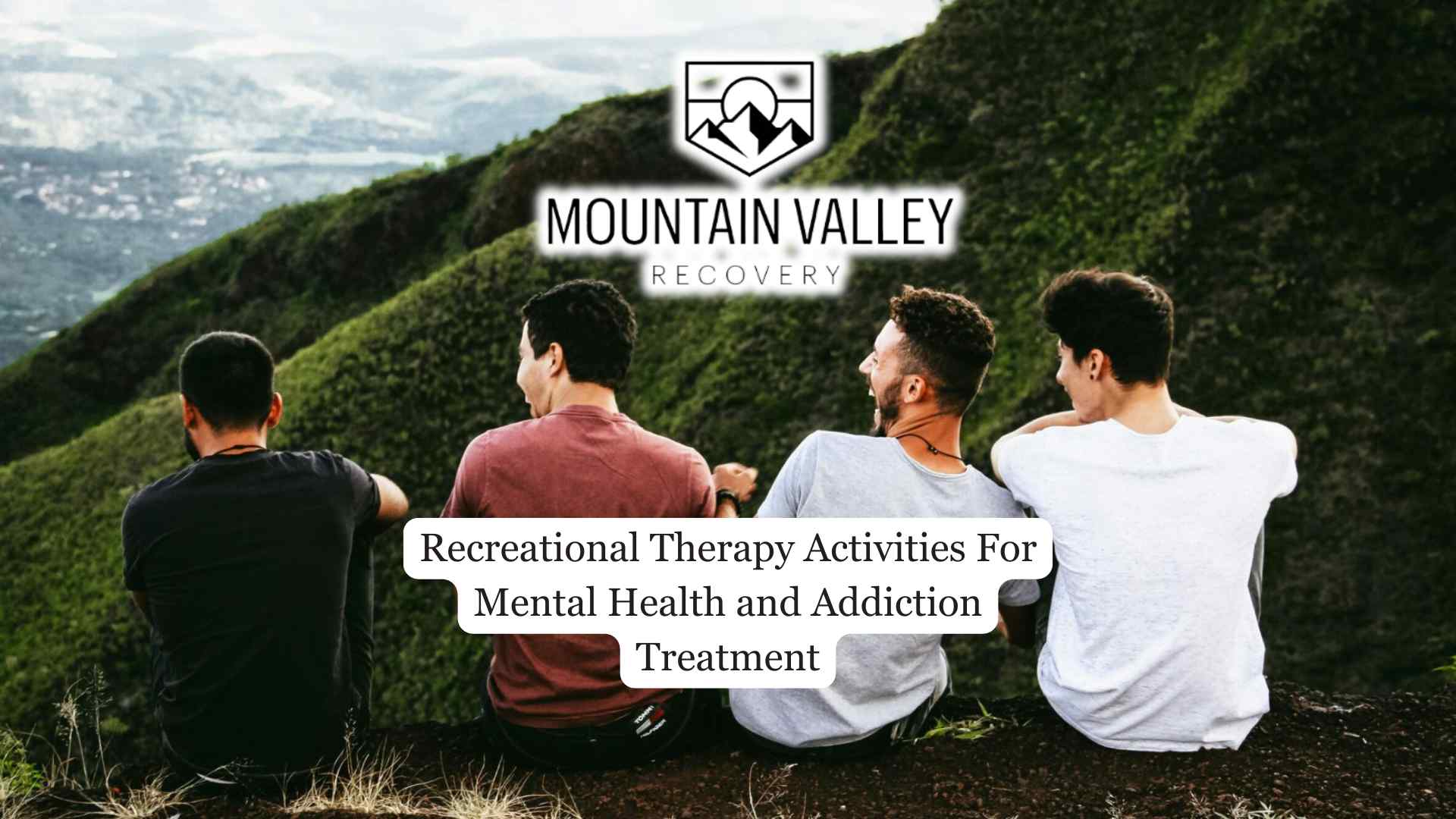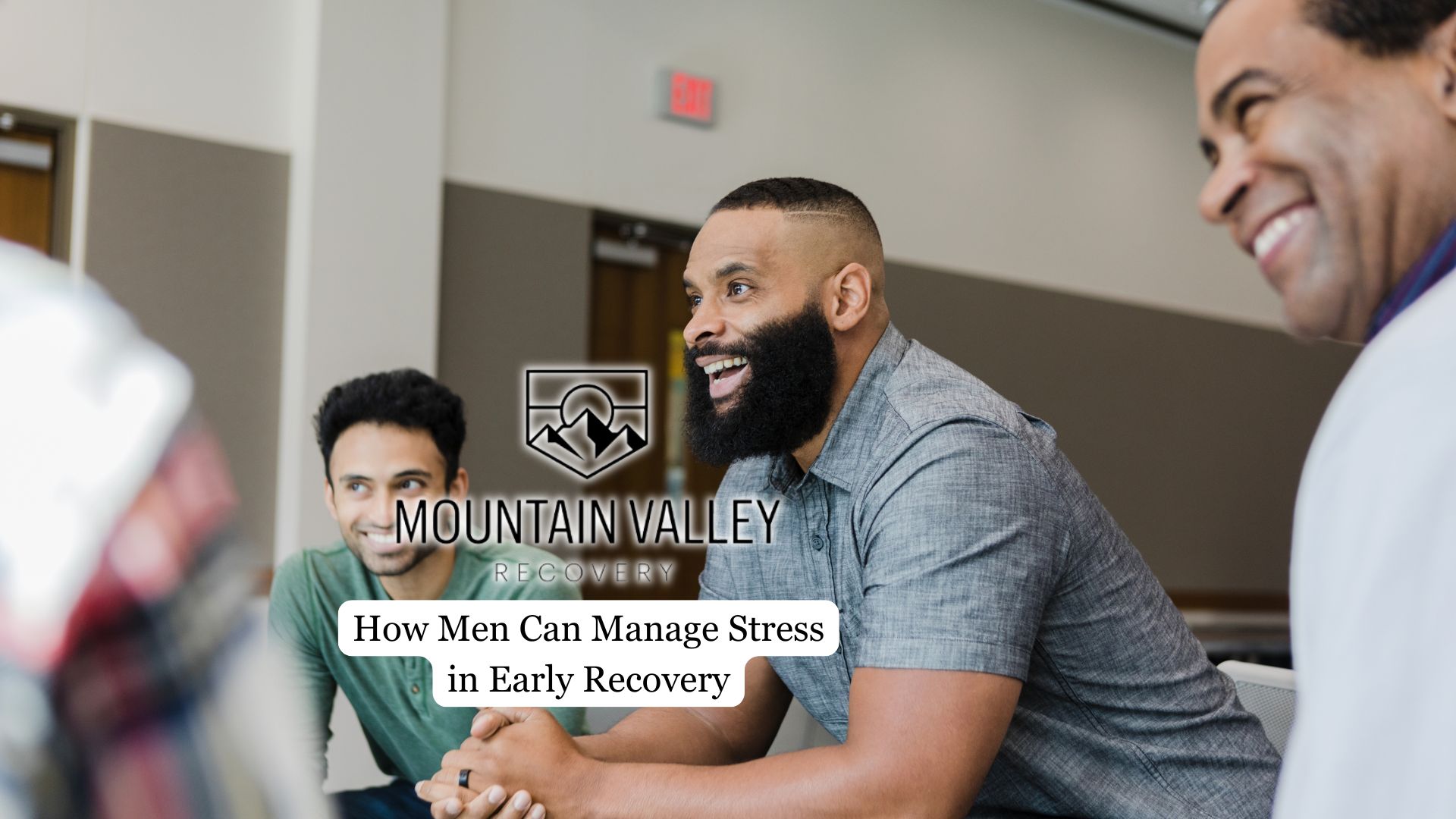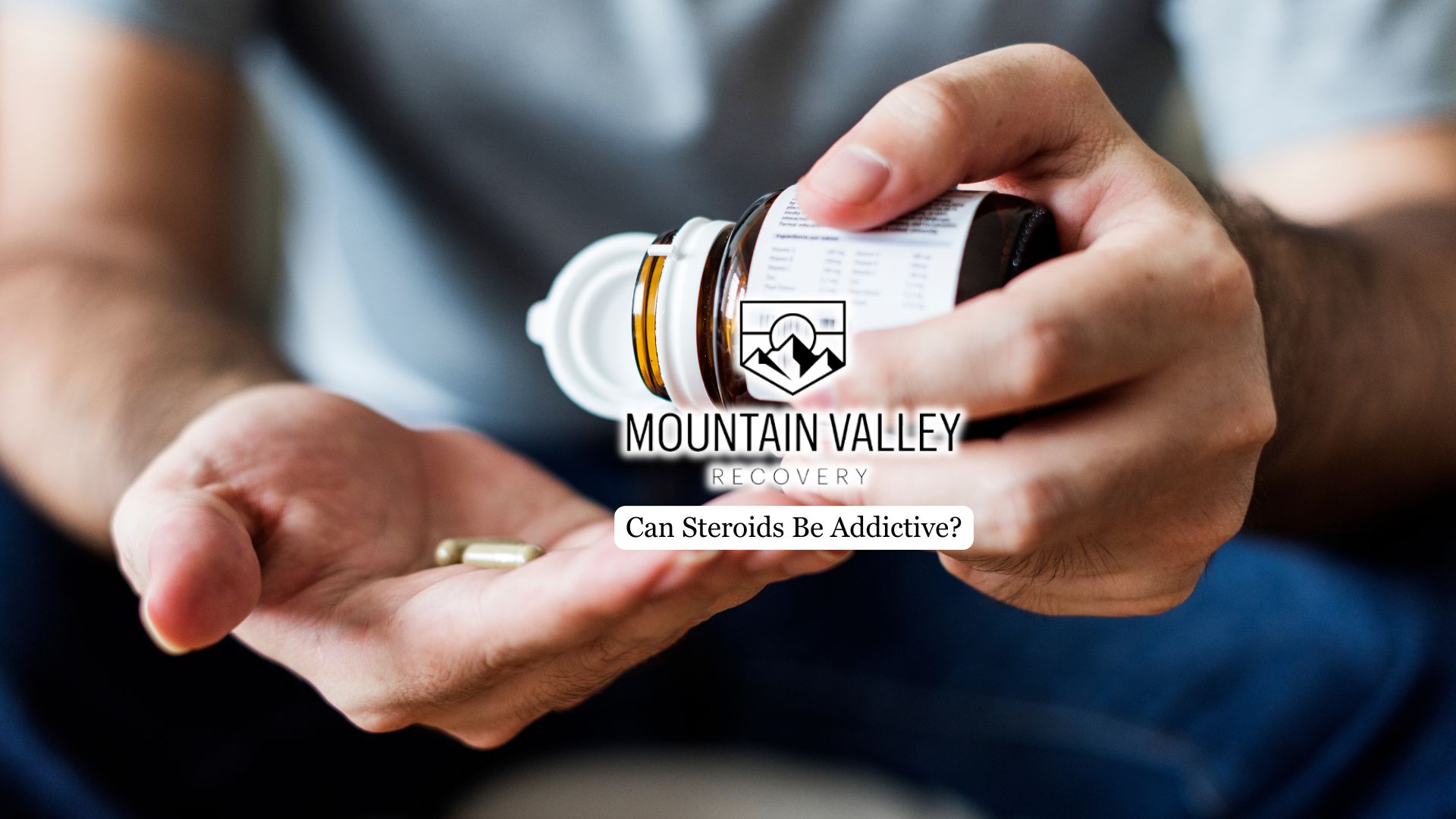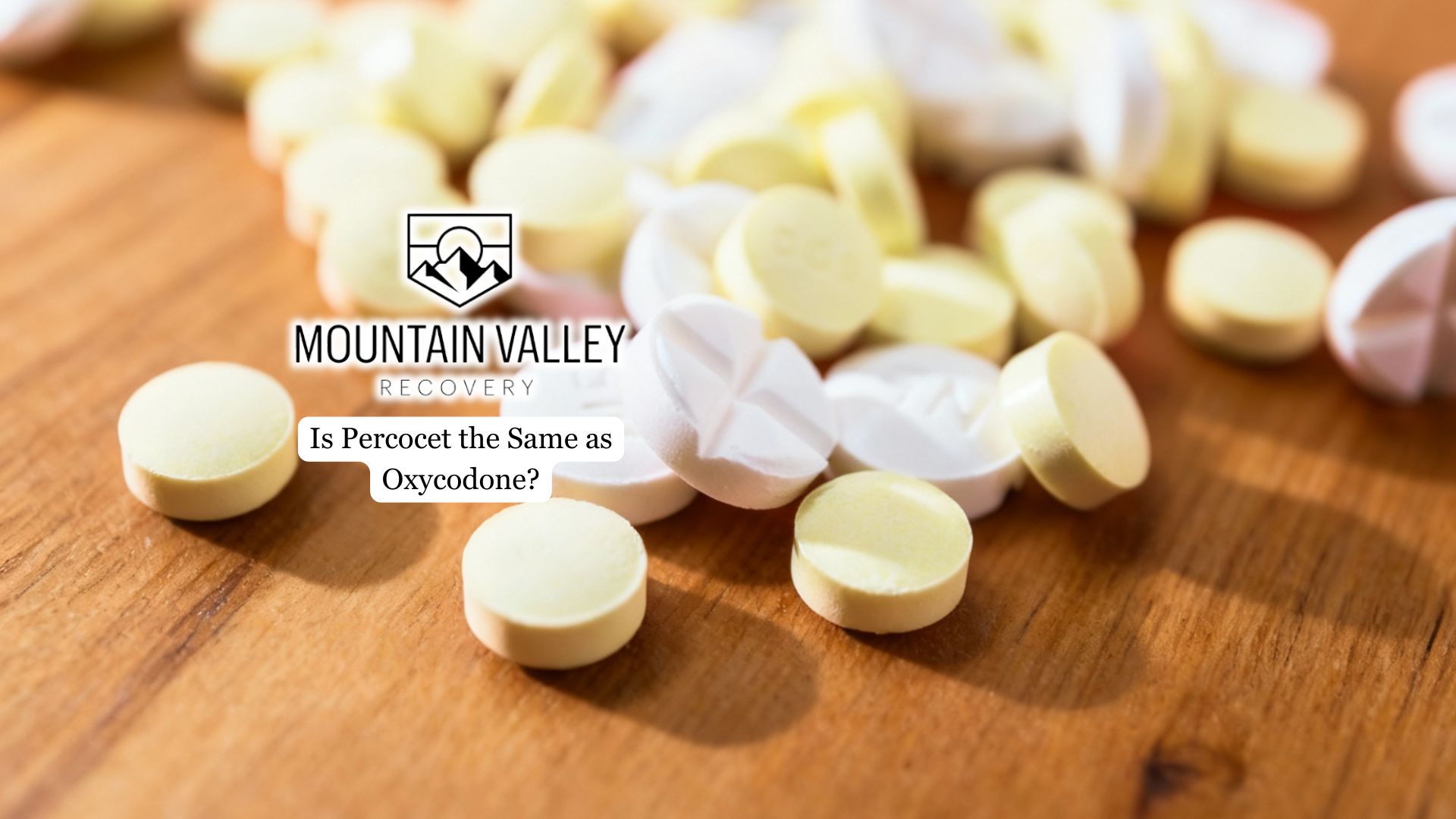Recreational therapy stands apart from conventional therapeutic approaches by harnessing the healing power of leisure activities to address individuals’ psychological and emotional needs. Through engaging in physical exercise, creative arts, outdoor adventures, and more, participants can experience improvements in mental health, social skills, and the discovery of new passions that contribute to a more balanced and fulfilling life.
This article delves into the diverse range of recreational therapy activities available for those seeking mental health support or addiction treatment, emphasizing the benefits they offer and how they can be seamlessly integrated into comprehensive treatment plans to foster recovery and personal growth.
Physical Activities
When you participate in aerobic exercises and sports, your body releases endorphins, which are natural mood-boosters that help reduce stress, anxiety, and symptoms of depression. Regular exercise naturally enhances your overall well-being and plays a crucial role in mental health treatment.
Physical activities are particularly beneficial for those struggling with substance use disorder, as exercise can diminish cravings for nicotine, alcohol, and other drugs, ultimately improving abstinence rates. Structured physical activities also provide opportunities for social interaction and building a sense of community, which are essential components of long-term recovery and emotional support.
Incorporating activities like yoga and meditation into recreational therapy can further enhance mental health outcomes by teaching valuable coping skills for stress and anxiety management.
The recreational therapy for addiction recovery we provide at Mountain Valley Recovery suit different interests and personalities, all while improving the physical health and emotional stability of men committed to achieving sobriety.
Creative Arts
By engaging in art therapy, you can explore your feelings and experiences through non-verbal means, which is especially beneficial if you struggle to articulate your emotions verbally.
Music therapy is another valuable tool in addiction recovery, as it evokes positive emotions, reduces stress, and promotes relaxation. By utilizing instruments and singing, you can enhance your emotional regulation and find healthier coping mechanisms during your recovery journey.
Art therapy encourages self-discovery and fosters self-worth, helping you address challenges related to trauma, grief, or behavioral issues. Engaging in creative arts activities not only enhances your emotional well-being but also improves social interaction and community engagement, combating feelings of isolation often experienced in addiction recovery.
Animal-Assisted Therapy
Animal-assisted therapy harnesses the power of human-animal bonds to enhance your emotional, social, and cognitive functions. As you engage with these gentle creatures, you’ll experience a significant boost in self-esteem and communication skills.
The calming presence of therapy animals can help reduce feelings of anxiety and depression, fostering a sense of emotional regulation and well-being. Through this therapeutic approach, you’ll develop trust, responsibility, and essential life skills that contribute to your overall recovery.
You’ll find yourself more motivated to participate in treatment, as the inviting and enjoyable environment created by the animals encourages social interaction.

Outdoor Adventures
Engaging in outdoor adventures like hiking, rock climbing, and kayaking can significantly boost your self-esteem and resilience. By working together with others to overcome challenges in nature, you’ll develop a sense of accomplishment and inner strength.
Immersing yourself in nature-based activities can also help alleviate symptoms of anxiety and depression, providing a much-needed emotional release and promoting overall well-being. Not only will you benefit emotionally, but your physical health will improve as well, thanks to increased cardiovascular fitness and muscle strength gained through these exciting pursuits.
Participating in group outdoor adventures fosters social connections, helping you break free from feelings of isolation and build a supportive community.
Read more about the main reasons why men relapse with drug use, although they’ve committed to achieving sobriety.
Benefits of Recreational Therapy
You’ll find that engaging in recreational therapy activities can significantly reduce symptoms of anxiety and depression, with studies showing a 70% improvement in mental health outcomes. By participating in these activities, you can expect a 50% reduction in anxiety levels, as recreational therapy aids in emotional regulation.
The benefits of recreational therapy are widely recognized, with 80% of therapists recommending its incorporation into treatment plans.
You’ll have the opportunity to enhance your social interaction by 60%, building connections that are crucial for creating a supportive community during recovery.
On top of all, engaging in recreational activities has been linked to improved mood, as physical activity stimulates the release of endorphins, promoting overall mental well-being.
Final Thoughts from Mountain Valley Recovery
At our men’s rehab center, we recognize the transformative power of engaging in meaningful activities that promote healing and personal growth. Physical exercise, creative arts, and outdoor adventures are just a few examples of the recreational therapy we offer. Our residents also get to do a lot of hard work on our ranch, which provides even more therapeutic benefits. This holistic approach to recovery enhances mental well-being, fosters social connections, and builds self-esteem.





